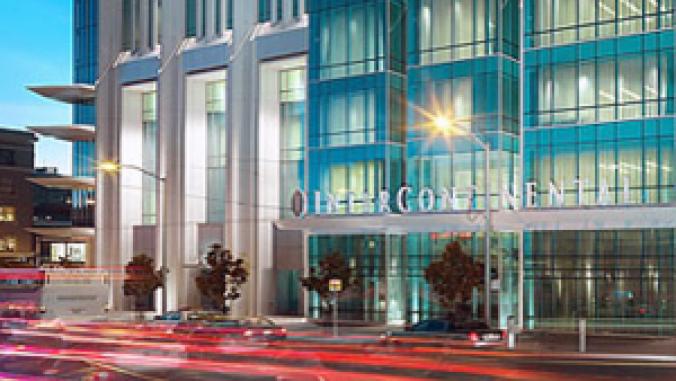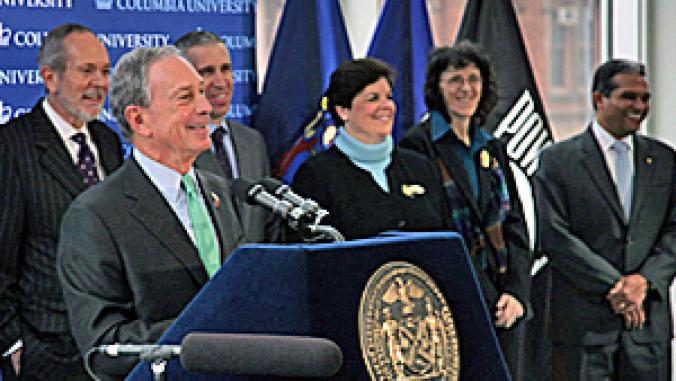San Francisco Launches Nation's Largest PACE Program
<p>San Francisco has established a $150 million green financing program to allow businesses and homeowners to pay for efficiency, water conservation and renewable energy improvements through future property taxes.</p>

Solar panels -- Image CC licensed by Flickr user bkusler
San Francisco has established the nation’s largest green financing program to allow businesses and homeowners to pay for efficiency, water conservation and renewable energy improvements through future property taxes.
The Property Assessed Clean Energy (PACE) program will make $150 million in bonding capacity available to the city’s property owners beginning March 1.
The low-cost loans, which are paid back through property taxes over their lifetime, typically within 20 years, are attached to the property, not the property owner. Eligible property owners will have paid their property taxes on time for the previous three years.
An Oakland-based company called Renewable Funding will administer and provide capital for the program. Its president, Cisco DeVries, developed the PACE financing program in nearby Berkeley while working as the mayor’s chief of staff.
PACE programs have been hailed as a way for property owners to avoid the barrier of high upfront costs. More than a dozen states now have PACE programs in place, while Renewable Funding said it is currently developing additional programs for more than 100 communities in several states.
“In signing this legislation, Mayor (Gavin) Newsom has put the final piece in place to allow tens of thousands of San Francisco property owners to have the opportunity to reduce their water and energy footprint, all while creating local green jobs,” DeVries said in a statement this week.
The news comes less than a week after Newsom announced $19.2 million in funds for energy efficiency projects through the city’s Energy Watch program and the American Recovery and Reinvestment Act.
The money will be used for free on-site assessments, installations of energy efficient equipment and lighting, and retrofits of municipal buildings, such as the Ella Hutch Center and Southeast Health Center.
Image CC licensed by Flickr user bkusler.




